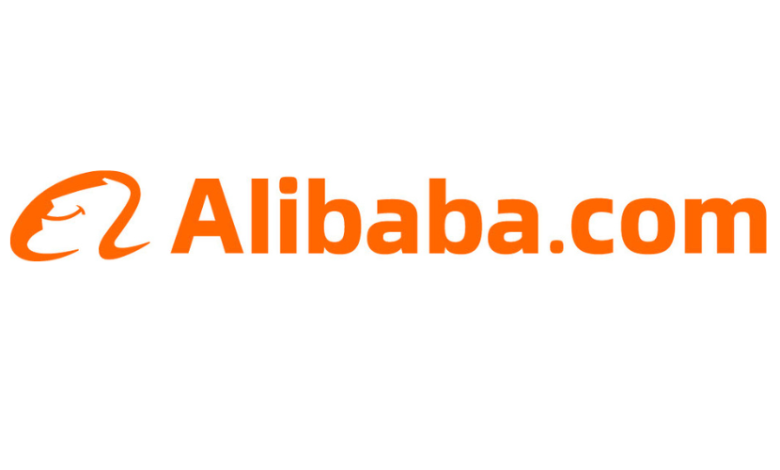
Procurement is an essential part of business operations. When done right, it can offer a competitive advantage to businesses. Yet, sourcing at this level demands time and resources, which is why many firms have turned to artificial intelligence.
Larger companies have long seen the benefits, developing internal systems in order to give them a competitive edge in procurement and other business processes. SMEs, on the other hand, are often not afforded that luxury due to tight budgets. This might be changing though, with research from the British Chambers of Commerce Insight Unit revealing that a quarter of SMEs already use AI in their business operations. More significant, perhaps, is the increasing number of SMEs globally aspiring to use AI tools for cross-border trade, with 63% looking to incorporate such tools, according to Alibaba.com.
Yet some SMEs are still prevented from adopting AI due to perceived barriers, chief among them the knowledge gap, with only 11% of SMEs feeling their current training arrangements are enough to allow them to meet their future skills needs.
However, with AI tools becoming increasingly accessible, it is essential that SMEs realise the potential to transform the sourcing process and give themselves a competitive edge.
AI breaking down barriers for SMEs
Whilst the traditional sourcing gap between large firms and SMEs has been exacerbated in recent years due to tighter budgets faced by the latter, the advent of AI has meant that SMEs can now simplify the processes that would have previously taken up valuable time, levelling the playing field.
Specialised solutions, such as intelligent search and filtering systems or AI-powered tools for price optimisation, demand forecasting, supplier vetting, and order and payment management, are helping SMEs to overcome any previous barriers. Many of these systems can be deployed modularly and integrated without extensive IT infrastructure.
Some online B2B marketplaces are already tapping into this trend. Alibaba.com’s “Accio Agent”, for example, has been developed to help SMEs to search for and select products and suppliers. Users can formulate their requirements in natural language or upload images, and the platform will suggest suitable products and suppliers from an extensive international database. Hundreds of thousands of supplier profiles and product listings are taken into account. In addition, Accio provides a wide variety of insights into sourcing for buyers – including consumer reviews, competitor analysis, trending products, market regulations and tariff policies – to help inform their decisions.
Agentic AI – a personalised sourcing experience
Alibaba.com’s “Accio Agent” taps into a broader agentic AI trend, with leading tech firms now embedding AI into the consumer shopping experience, allowing users to search for products via chatbots and even complete orders autonomously. Meanwhile, various UK retailers have recently introduced AI agents to streamline operations and enhance customer service.
When it comes to online marketplaces, Alibaba.com’s “Accio Agent” automates the entire procurement process – from product idea and market analysis to the creation of a development plan and requests for quotations – serving as a valuable tool for solo entrepreneurs and SMEs. By consolidating fragmented tasks into an AI-powered workflow, even small businesses can move from concept to product very quickly. In addition, features like “Deep Search” refines product and supplier search results by enabling users to submit complex queries with technical requirements, minimum order quantity (MOQs), certifications, and/or budget constraints. The system also checks potential suppliers for quality and compliance criteria, making it easier to select reliable business partners.
Alibaba.com’s CoCreate Europe will showcase the company’s suite of AI-powered sourcing and e-commerce solutions and help SMEs embrace the technology in a way that drives genuine business results.
Offering a competitive advantage
As AI helps to bring down the overall cost of procurement, SMEs that are integrating it do so to gain a real competition advantage. In fact, research from Alibaba.com shows that just under half (48%) of SMEs do so for long-term growth, followed by efficiency (46%), and cost reduction (43%).
Tools like Alibaba.com’s Accio offers SMEs this same competitive advantage, providing a procurement process that is more precise, reliable and competitive, helping SMEs to reduce risk, save time, and focus on growth – and ultimately compete with larger firms on a global scale.
Conclusion
As SME b2b buyers increasingly find themselves navigating a complex and challenging trading environment, AI can offer many valuable opportunities.
While full-scale adoption is not yet a reality for some SMEs, online B2B marketplaces can go some way to easing some of the barriers. Equipping them with the right knowledge and tools, small businesses can better understand and deploy AI tools, enhancing the product sourcing journey.
These tools should be essential for any SME sourcing strategy, enabling buyers to find the best products and suppliers and in turn unlock long-term business growth.



